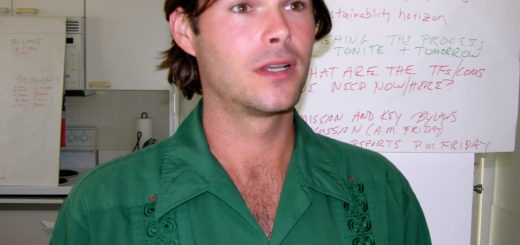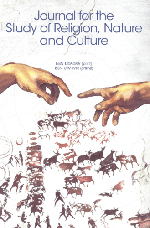JSRNC CFP – Ambiguous Legacies, Contested Futures: Re-Assessing Cornerstone Figures in the American Environmental Tradition
The Journal for the Study of Religion, Nature, and Culture seeks submissions for a special issue with the theme “Ambiguous Legacies, Contested Futures: Re-Assessing Cornerstone Figures in the American Environmental Tradition.”
This issue will explore the historical legacies and prospective continued influence of the cornerstone figures of the American environmental tradition. It seeks to spotlight what, if any, of these figures’ legacies deserves to continue shaping approaches to the religion/ecology/ethics/politics nexus.
For this special issue, we seek analyses of the ways cornerstone figures of the American environmental tradition (including, but not limited to, Ralph Waldo Emerson, Henry David Thoreau, Margaret Fuller, Walt Whitman, John Muir, Mary Austin, John Burroughs, Aldo Leopold, Marjory Stoneman Douglas, Rachel Carson, Edward Abbey, and Carolyn Merchant) should be read in light of contemporary concerns over social justice, equity, and inclusion. Contributors should frame their papers primarily in response to the questions: What role(s) do such cornerstone figures play in contemporary discussions concerning the environment, religion, and politics in America? Do specific features of their work reduce the relevance of their voices in our own time, and if so to what extent? Prospective authors are asked to focus their manuscripts around a single cornerstone figure’s thought.
Contributors might engage with more specific questions in their manuscripts, namely:
- What parts, if any, of the philosophies of the American environmental tradition’s cornerstone figures are instructive for thinking about religion and ecology today?
- What are the ideological shortcomings of the American environmental tradition, and how are these expressed in the intellectual contributions of its cornerstone figures?
- How have some of the problematic perspectives of the American environmental tradition’s cornerstone figures been taken up in contemporary eco-theological frameworks? And how, if at all, should these frameworks be re-evaluated?
- In what ways, if any, do methodological approaches which acknowledge historical figures’ own social context and epistemic ignorance (i.e., the sociology of knowledge) help or hinder assessments of these figures’ intellectual contributions?
- What if any changes to the American environmental tradition’s common attitudes, concerns, and dispositions might be necessary after critically re-assessing its cornerstone figures?
- Have contemporary environmental thinkers improved upon the limitations of the most significant of their tradition’s forebears, and if so, how?
- What do lesser known and minority voices in the American environmental tradition offer to the work of re-assessing that tradition’s cornerstone figures?
Interested authors should send an abstract (150 words) and proposal (500 words) as a single Word document, complete with author information and affiliated institution, for peer review to the special issue editor Russell C. Powell () by November 8, 2019.
Authors will be notified by December 2, 2019, whether their proposals have been accepted. Full-length manuscripts will be due by April 15, 2020. All manuscripts will undergo the JSRNC’s full editorial review process, including double-blind peer review, before publication.
The Journal of Religion, Nature and Culture, which has been published quarterly since 2007 by Equinox Publishing, explores through diverse disciplinary lenses the complex relationships among human beings, their diverse religions, and the earth’s living systems. Defining religion broadly to include affective and spiritual experiences, the JSRNC also provides a venue for analysis and debate over what constitutes ethically appropriate relationships between our own species and other organisms and the environments we inhabit.
For more information, see the precis in its inaugural issue, Exploring Religion, Nature and Culture: Introducing the Journal for the Study of Religion, Nature and Culture and the journal’s website at https://journals.equinoxpub.com/index.php/JSRNC.
Questions about the journal may be directed to the JSRNC’s Managing Editor Amanda Nichols at .












